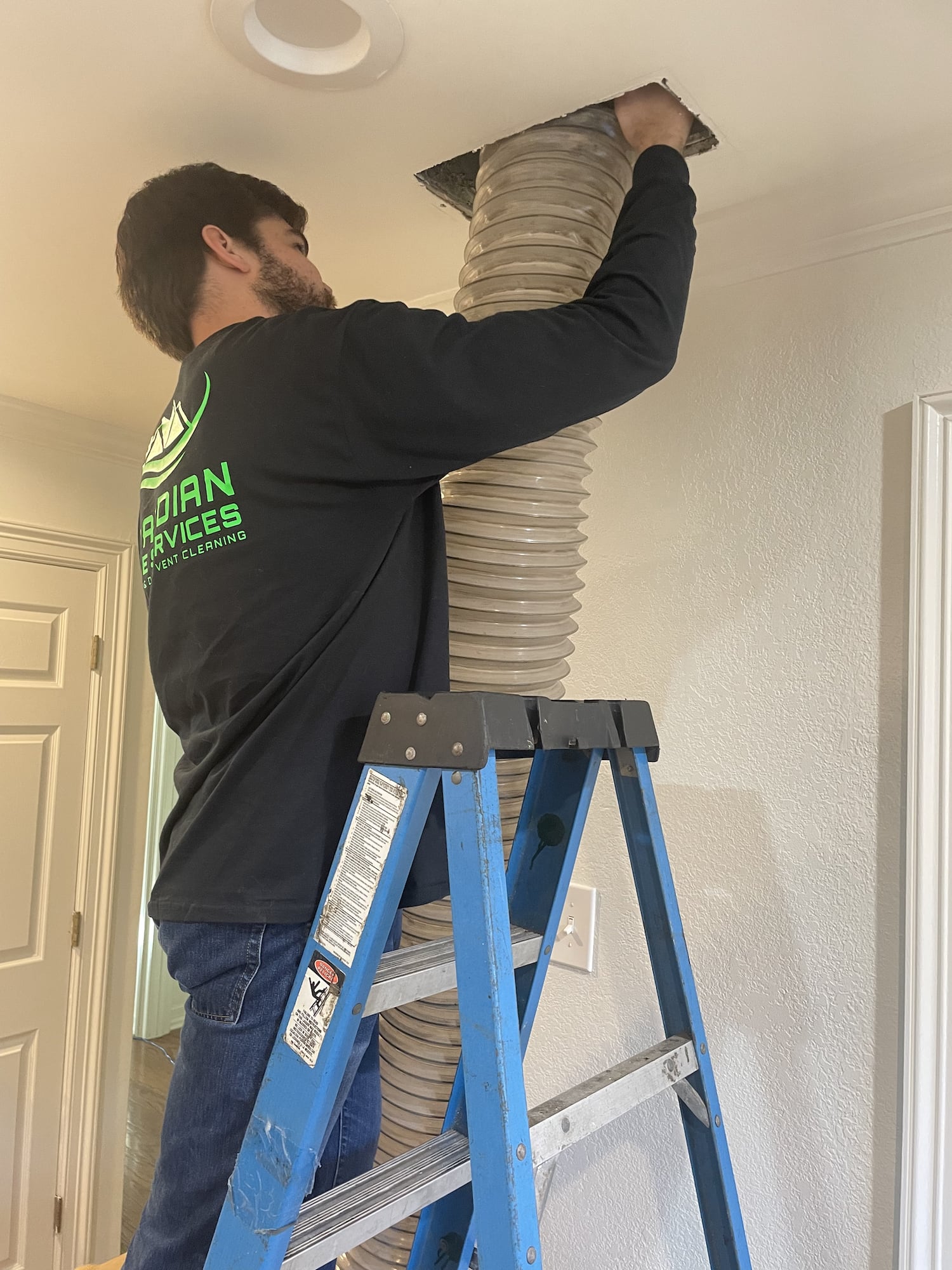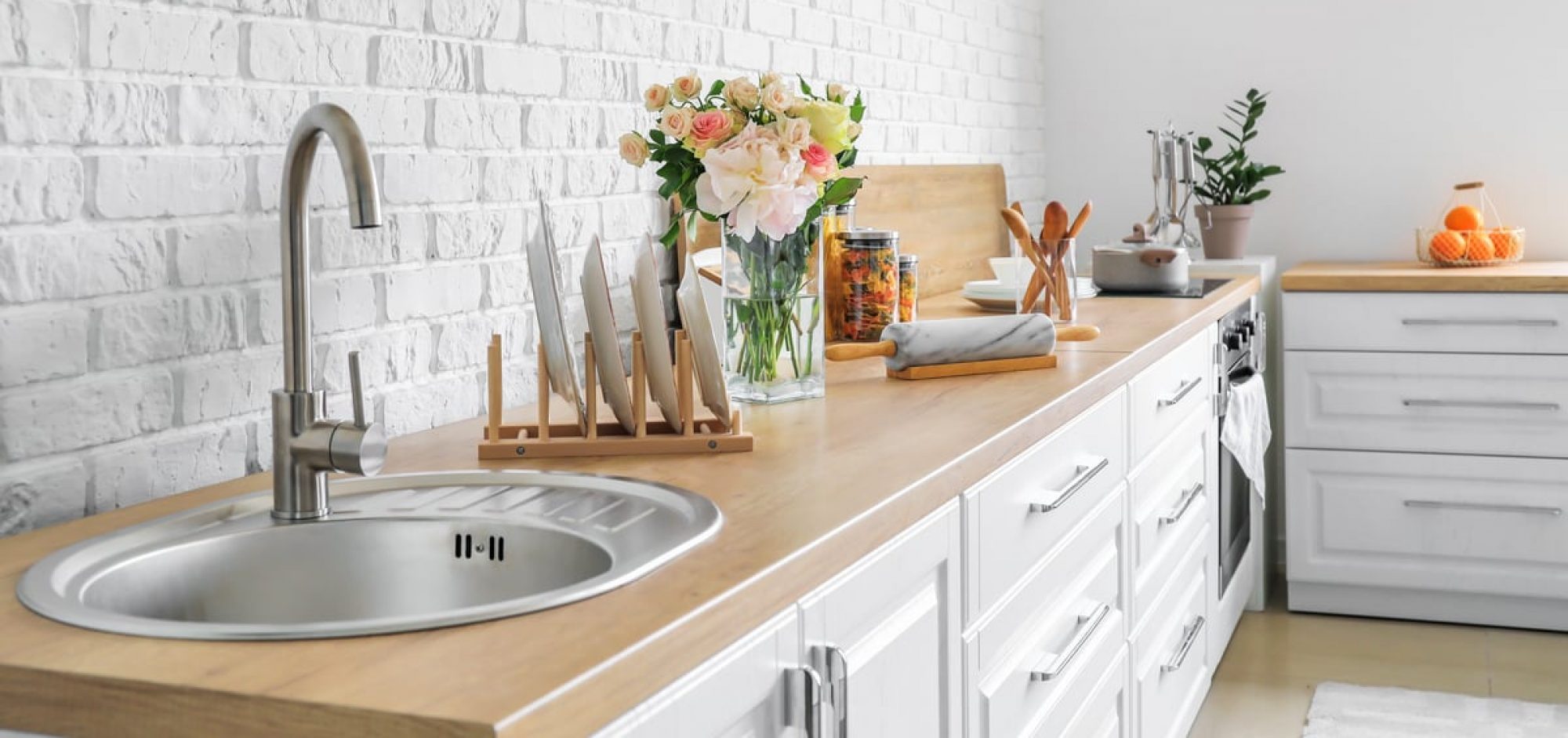After more than ten years working as an HVAC technician in Calgary, I’ve learned that homeowners aren’t just looking for a clean duct system—they’re looking for someone who can do the job well without stretching their budget. And somewhere in the centre of almost every conversation I’ve had about pricing sits most affordable duct cleaning in Calgary. People want clarity, not cut corners; they want value, not vague promises. I’ve seen enough equipment rooms, dusty return lines, and half-finished cleanings to know that affordability only matters if the work actually solves the problem.
 One moment that shaped how I talk about pricing came from a family in a northeast townhouse. They had been quoted numbers that scared them into delaying the service for months. By the time I arrived, their furnace was struggling to pull air through a return line clogged with pet hair and drywall dust from a renovation the year before. Instead of pushing a full-system overhaul, I showed them exactly what needed attention—and what didn’t. We focused the cleaning on the areas where airflow was actually being choked. A few hours later, their furnace was running smoothly again. They told me the relief wasn’t just about the clean air—it was about finally getting an honest, manageable solution.
One moment that shaped how I talk about pricing came from a family in a northeast townhouse. They had been quoted numbers that scared them into delaying the service for months. By the time I arrived, their furnace was struggling to pull air through a return line clogged with pet hair and drywall dust from a renovation the year before. Instead of pushing a full-system overhaul, I showed them exactly what needed attention—and what didn’t. We focused the cleaning on the areas where airflow was actually being choked. A few hours later, their furnace was running smoothly again. They told me the relief wasn’t just about the clean air—it was about finally getting an honest, manageable solution.
Calgary’s long heating season brings out another side of the affordability question. Furnaces work hard here, and when they struggle, homeowners often assume the worst. I once helped an older couple in the southwest who thought their furnace was on its last legs. Their system wasn’t failing—it was fighting against a layer of compacted dust in the supply lines. They’d put off duct cleaning after seeing a high quote from another company, convinced any professional service would be outside their budget. After I finished the cleaning, the furnace readings dropped back into normal range. They told me later that the service cost less than half of what they feared, and even better, postponed the need for a new furnace they thought they’d be forced to buy.
Of course, I’ve also seen what happens when “affordable” is taken too literally. A homeowner once hired a bargain-rate company offering what sounded like an unbelievable price. The problem was that the work was unbelievable too—they used basic shop vacs, stirred up more dust than they removed, and never sealed the ducts to create proper negative pressure. The homeowner called me to fix what they thought was a furnace malfunction; instead, I found debris that should have been removed during the cleaning packed even deeper inside the system. That job reminded me that affordability is only meaningful if the work is done with the right tools and principles.
Sometimes, the most affordable option isn’t a cleaning at all—it’s identifying the real problem before money is wasted. A couple in a newer development booked me because of persistent musty air. They were convinced the ducts were dirty. When I inspected the system, the ducts were nearly spotless. The source was a leaking humidifier line soaking insulation near the return vent, something cleaning alone would never fix. Once the leak was repaired, the odor disappeared. They kept joking that the cheapest cleaning I ever gave them was the one I refused to charge for.
If there’s a pattern I’ve noticed, it’s that the most affordable duct cleaning in Calgary tends to come from technicians who take the time to explain what matters, what doesn’t, and why. Not every home needs a full-system service. Some need targeted cleaning. Some need repairs. Some need nothing at all. After years in this work, I’ve found that people appreciate honesty far more than they appreciate a discount.
And each time I leave a home where the ducts are clear, the furnace breathes easier, and the homeowner feels like the price made sense, I’m reminded that affordability isn’t a race to the bottom—it’s a commitment to doing the right work at a fair cost.

